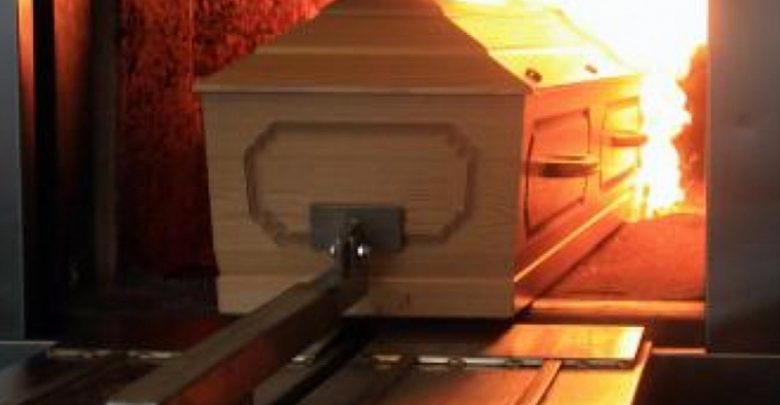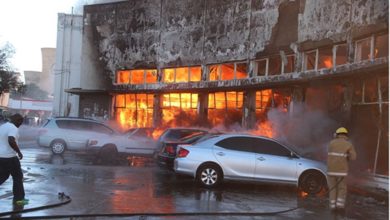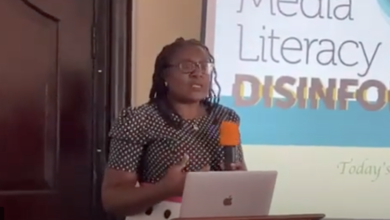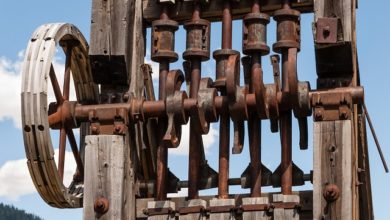Byo residents, councillors divided on cremation

With the city of Bulawayo struggling to provide enough land to allocate for cemeteries, the deputy mayor, Ward 1 Cllr, Mlandu Ncube has suggested that residents consider such alternatives as cremation or burying their relatives in the rural areas.
The suggestion came during the latest full council meeting where the city fathers were discussing the way forward with finding solutions to the challenge of burial space.
“The issue of cemeteries is a cause for concern for all of us. We are working on a cemetery in Pumula. We are trying to avail burial spaces that are convenient for all our residents. However, as councillors why are we not preaching alternative methods of burial that do not consume too much space in the urban area in the urban area space is not increasing. If anything, the population is increasing,” Cllr Ncube said.
“People are so dying every day and that is a need to have burial space, meaning to say there is a struggle for land. Where possible we need to make use of substitution methods. For example, there is cremation. If we try and allow those that don’t fear religious or traditional aspects, to affect their loved ones they must be encouraged to do so. Some also do have rural homes let them be buried there.”
According to the latest council minutes, there were 365 burials at the city’s cemeteries in April and 9 cremations.
CITE conducted interviews with residents to get their opinions on the burial alternatives that had been suggested.
Some residents were of the view that rural burials were a better alternative because of culture and tradition while others felt that cremation was more cost-effective and saved space.
“Culturally people prefer physical burials for their loved ones. There are traditional rituals that need to be done in families like appeasing ancestors. Of certain things are not going well or you want to hold certain ceremonies there is a need to do them at the family member’s grave so it is important to have physical burials,” Tawanda Chikuni said.
Another resident, Delight Ndebele said: “In our culture, it is important to bury people physically. Graves have sentimental value, that’s why you find that when there are resettlements people always talk about their graves. They would want to have certain things done in a certain way to move the dead. You can’t then suggest cremation to people who value the dead this much.”
Abigirl Khumalo said the African culture does not condone cremation and she would prefer being buried at her rural home.
“I am an African and I believe that if one dies they should be buried with dignity. So rural burial is better. If you’re buried at your home your family would look after the grave better, when they miss you they come to your grave as a reminder. Even burying people vertically like the council had once suggested, you can’t bury the dead like that,” she said.
Those who were in favour of cremation said burials were a waste of space and were quite costly.
“There are people who have buried their relatives and yet have never gone back to visit their graves. You find that a relative was buried about five years ago, there is no tombstone. They don’t even go back to clean around the grave,” said Memory Ngwenya.
Another resident, Nomthandazo Ndlovu, said there are some people who can’t even remember where their family members are buried.
“My sister died when I was young, that’s about 10 years ago. We only went there twice. Right now I don’t even remember where her grave is located exactly at the cemetery. So sometimes cremation is better. We will keep the ashes close by. It is better than having to start looking for a grave after a number of years,” she said.






